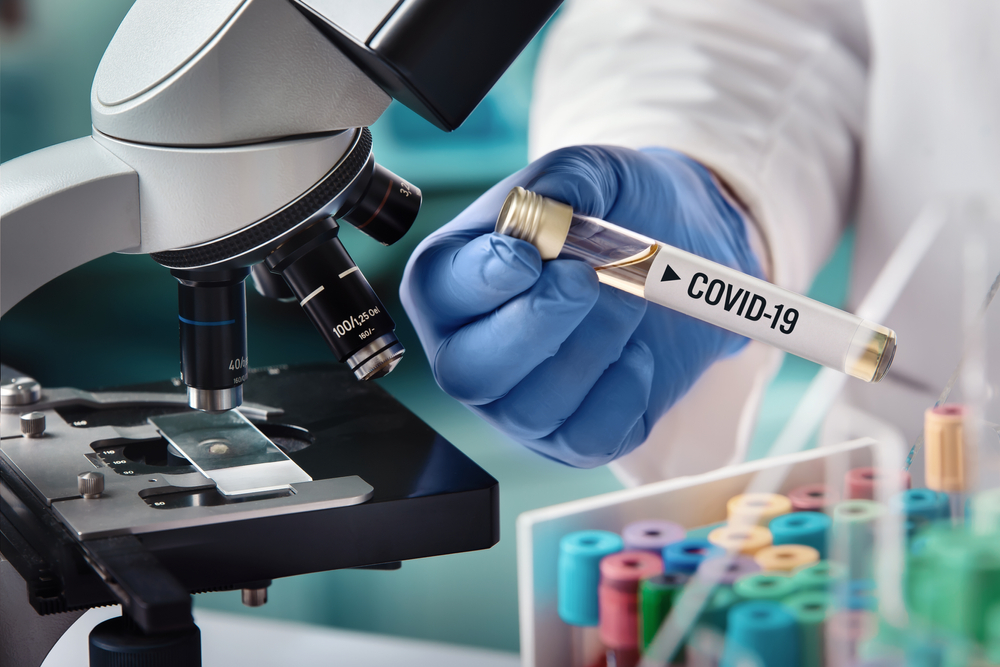
As testing backlogs grow across the U.S., Hackensack Meridian Health of New Jersey announced last week that its Center for Discovery and Innovation (CDI) has created a rapid diagnostic for COVID-19 capable of reducing test times to mere hours.
The test allows the health network to quarantine and either treat patients suspected of carrying COVID-19 or discharge those found with negative results much quicker than previously possible. The CDI has already received preliminary Emergency Use Authorization from the Food and Drug Administration, along with approval from the New Jersey Department of Health. The network believes that it will be able to test up to 24 patients every eight hours now, though it hopes to expand those capabilities in the days ahead.
“We believe our test could make the difference in stemming outbreaks,” said Dr. David Perlin, the chief scientific officer and senior vice president of the CDI. “It’s fast and it’s accurate, and crucial hours could mean the difference in stopping the spread of this virus.”
The CDI’s test is built on a mix of foundations: the Centers for Disease Control and Prevention diagnostic and a test developed in Germany and adopted by the World Health Organization. Work on the test has been ongoing since mid-January. The network’s CEO, Robert Barrett, expressed hope that the diagnostic could be a game-changer for more areas than just New Jersey.
“The Department of Health commends Hackensack Meridian Health’s effort in bringing online their laboratory to test for SARS-COV-2 and adding more testing capacity in New Jersey,” Chris Neuwirth, assistant commissioner of the New Jersey Department of Health, said. “As more hospital and commercial laboratories begin testing, New Jersey residents will have greater access to SARS-COV-2 diagnostic testing, and public health officials will have a greater ability to monitor, track, and respond to new cases.”
To date, New Jersey has had 30 presumptive positive cases of the novel coronavirus, while nationwide figures have climbed to more than 1,600. Despite the new test and increasing case counts, the network has said that it will continue to test solely along strict protocols — patients cannot request the test, they must first consult with their primary care physician.




